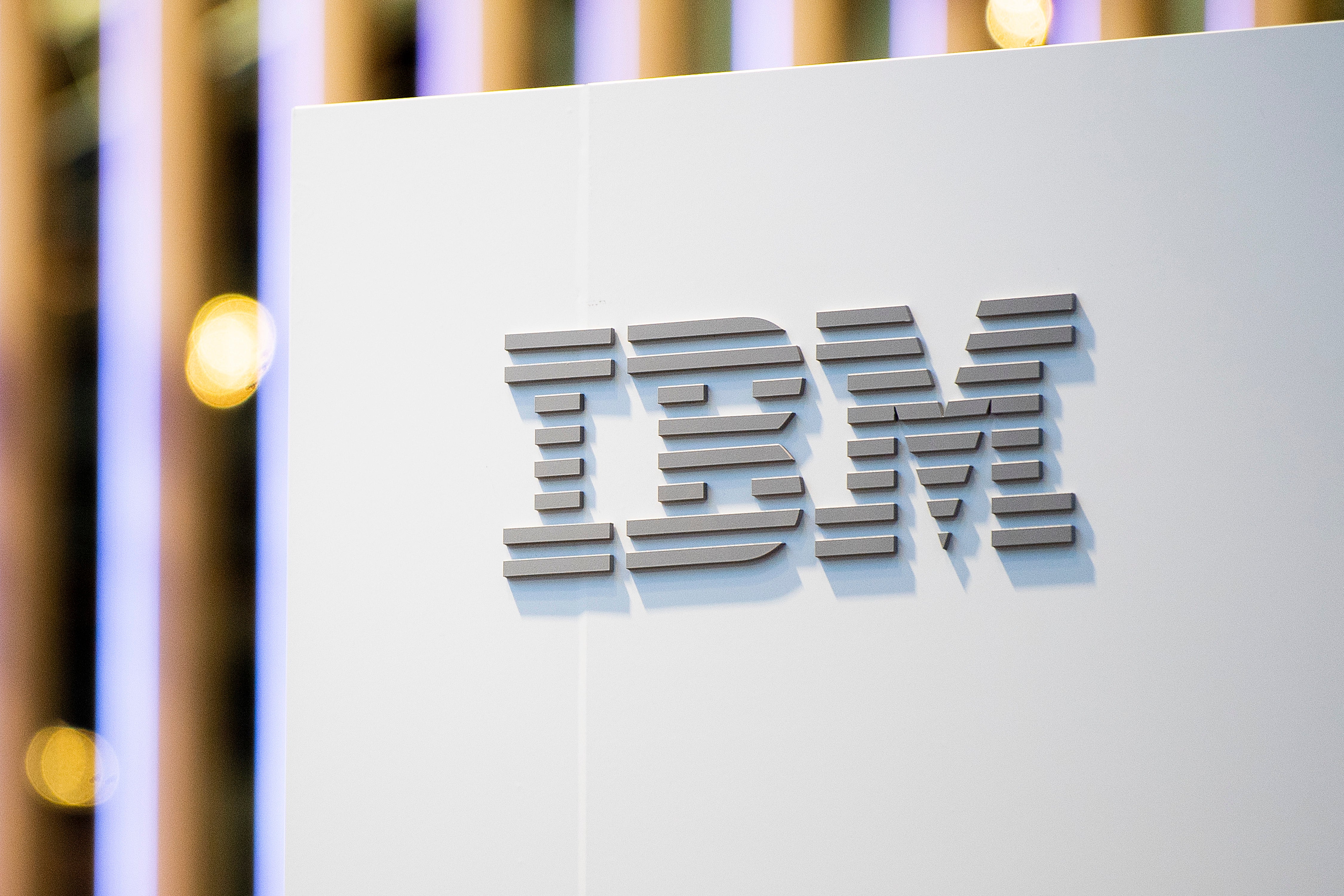IBM’s new chip breakthrough may ‘quadruple’ phone battery life, company claims
New chip may fit 50 billion transistors in an area the size of a fingernail

IBM has revealed the world’s first 2 nanometer (nm) chip technology which can fit up to 50 billion transistors in an area the size of a fingernail, an advance the company claims can lead to “quadrupling cell phone battery life.”
According to the computing giant, the new breakthrough chip, revealed as a proof-of-concept on Thursday, can improve performance by 45 per cent over current 7nm semiconductors that are used in commercially available products.
The company believes this will help meet the demands for increased chip performance and energy efficiency in the era of AI, and the Internet of Things.
While initially, the computer chip industry used nanometres – hundreds of times thinner than a single human hair – to measure the physical size of transistors, the nm number has also found its use widely to describe new generations of the technology.
Built on IBM’s nanosheet technology, the current advance reportedly allows the company to fit up to 50 billion transistors on a chip the size of a fingernail, giving processor builders more space and options to infuse components for workloads like AI and cloud computing.
This is up by the 2017 announcement that the 5nm chip can fit 30 billion transistors in the same area.
For building its semiconductor, IBM uses light beams to etch patterns onto silicon wafers that help turn some parts of the chips into data processing units called transistors.
In the current breakthrough IBM Research has been able to achieve an upgrade using more advanced nanosheets which are ultra-thin flat wires that carry electrical current across the transistor.
According to the company, the 2nm chip could quadruple cell phone battery life, “only requiring users to charge their devices every four days.”
It says the new technology can also help future laptops be much quicker at processing for applications such as accessing the internet and language translation.
In comparison, the current high-end desktop processors that became available in 2019 use the 7nm chips which arrived in a breakthrough in 2015.
IBM says the new chips can also benefit data centres cut down on their carbon footprint by improving their processing efficiency, as well as improve reaction time in autonomous vehicles like self-driving cars with faster object recognition.
Join our commenting forum
Join thought-provoking conversations, follow other Independent readers and see their replies
Comments
Bookmark popover
Removed from bookmarks